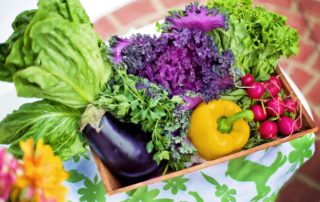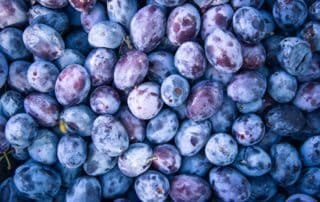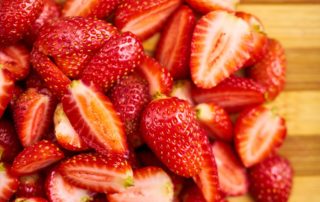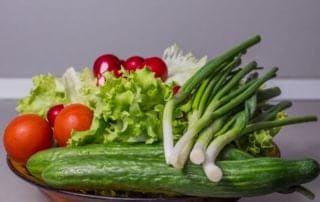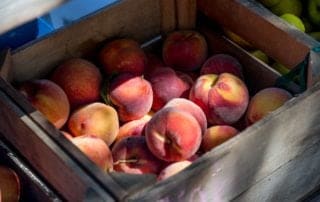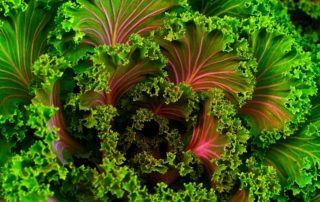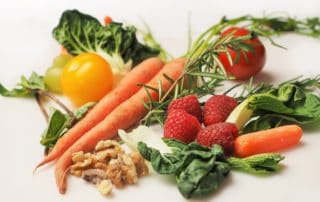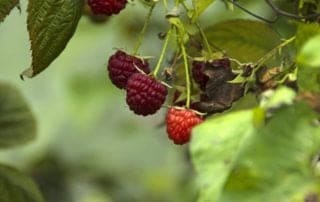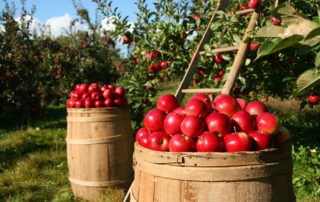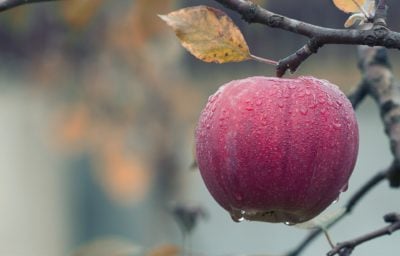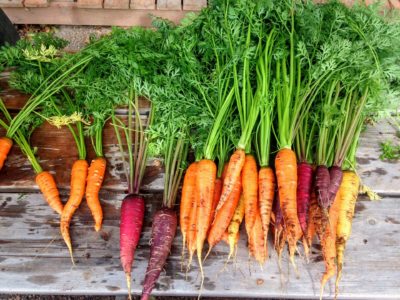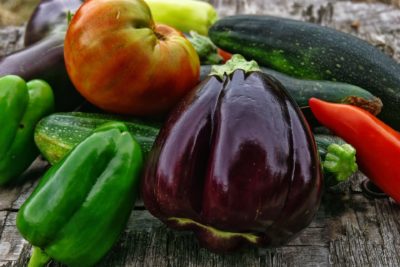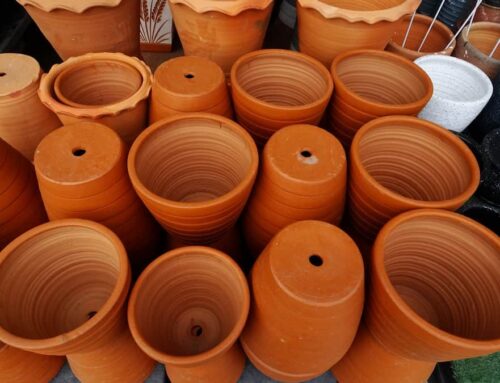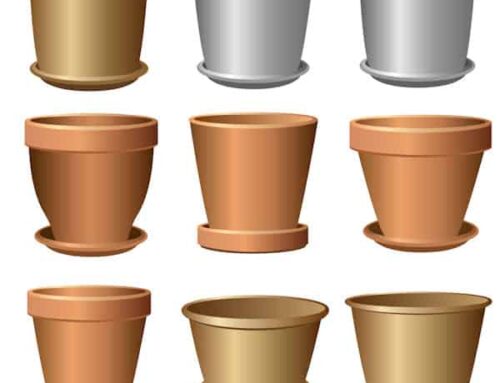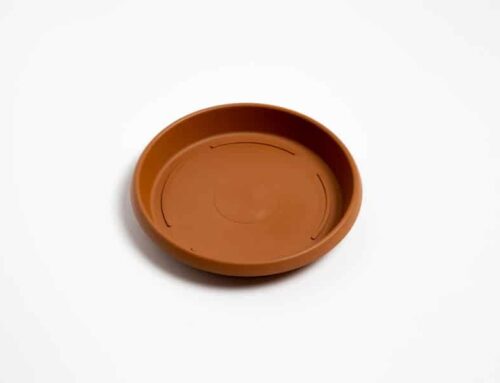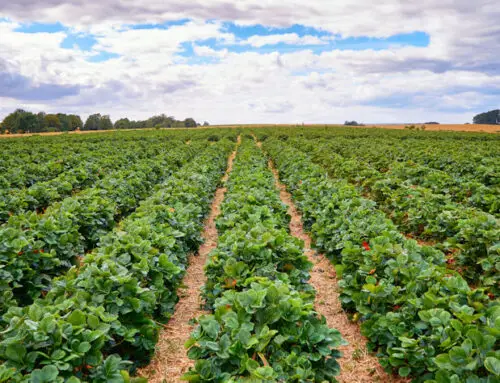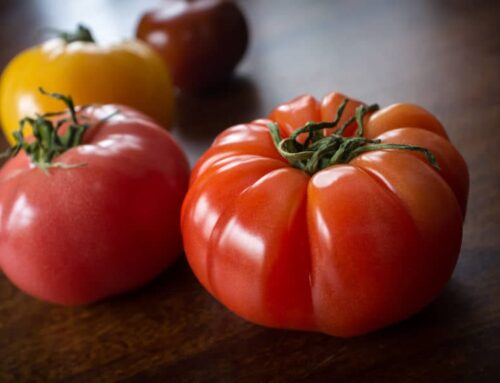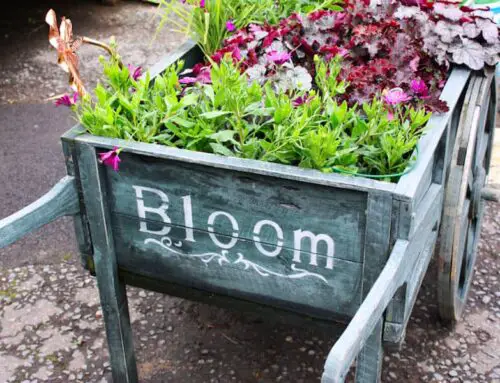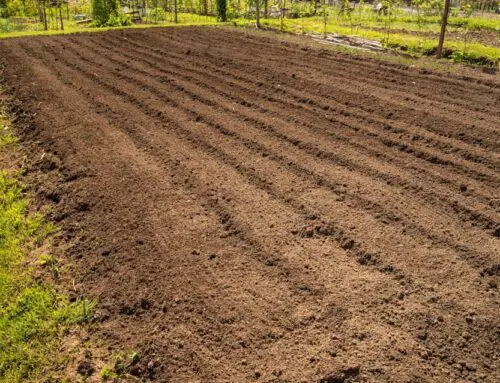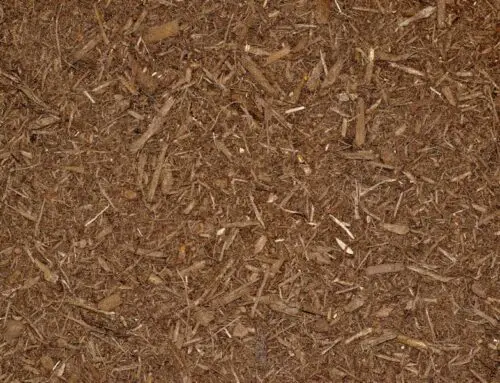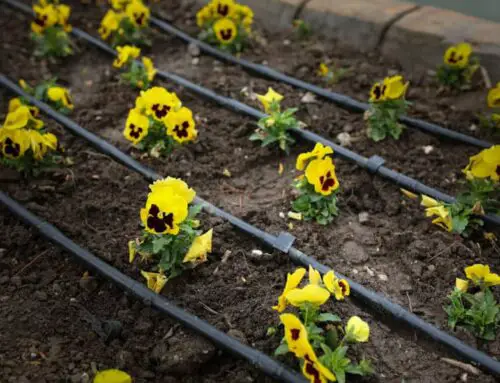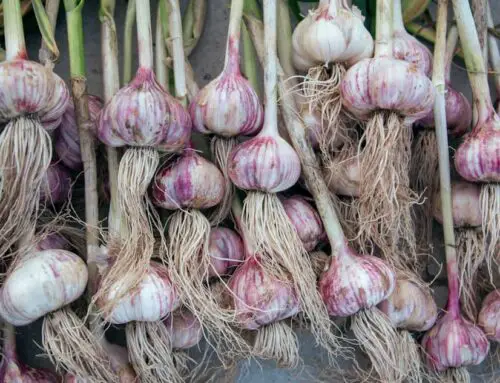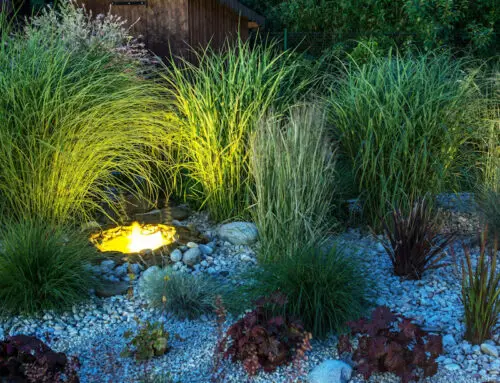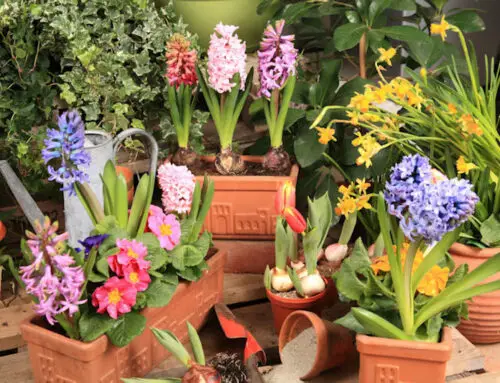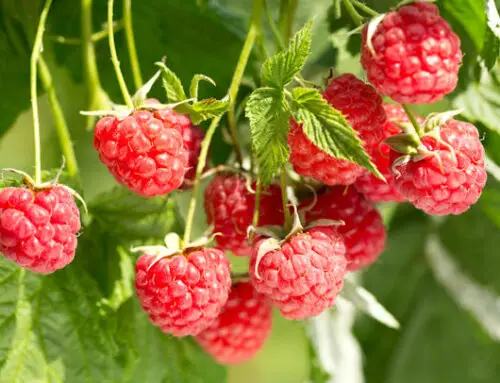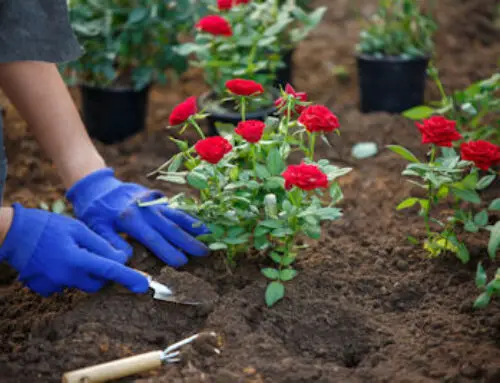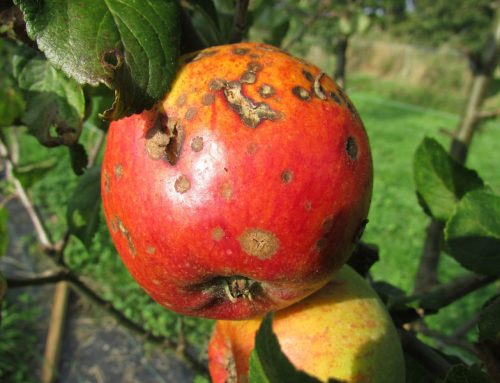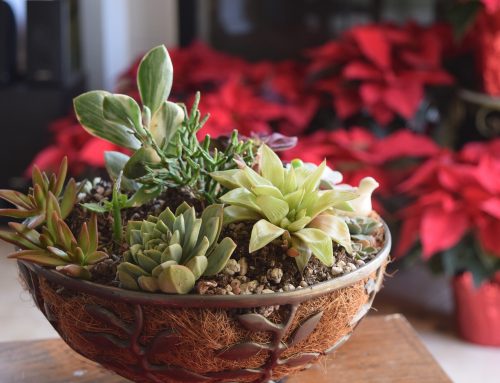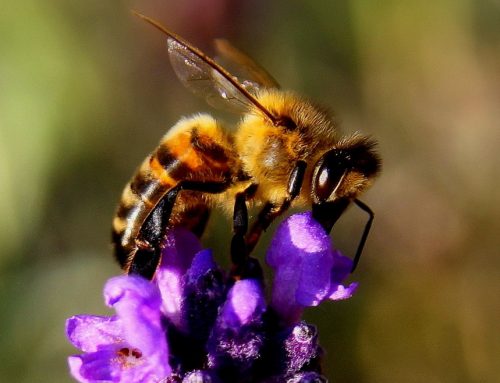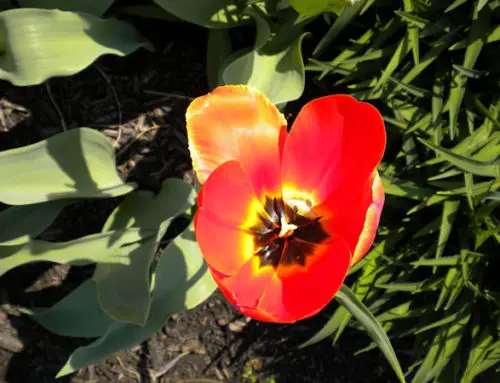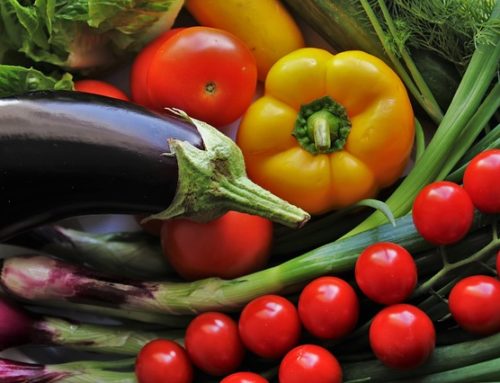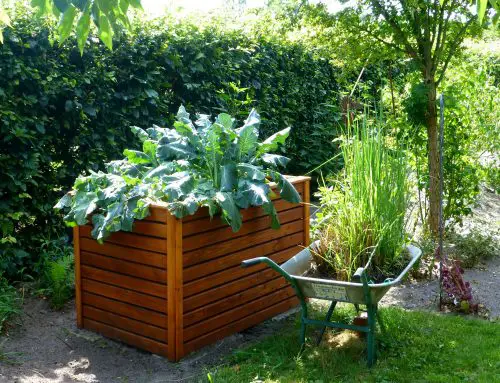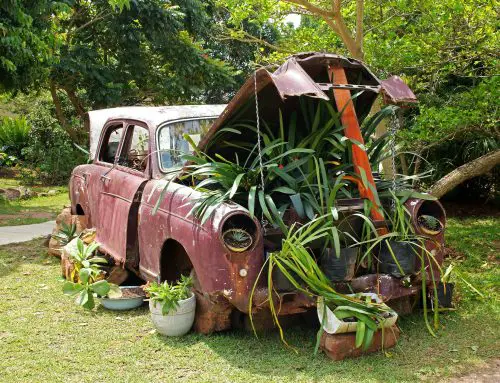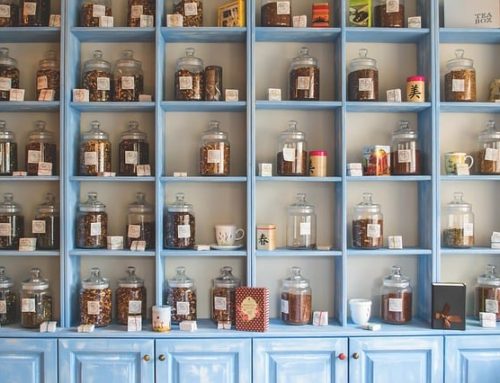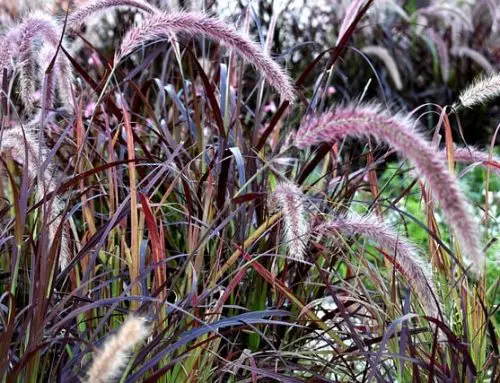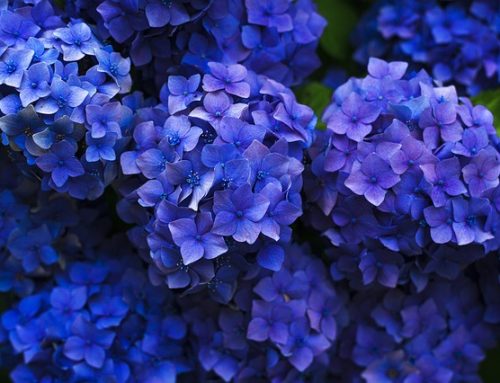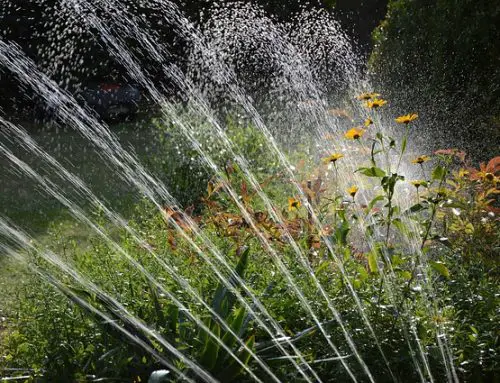Organic gardening has become more popular as consumers become more aware of environmental impacts, and the effects synthetic inputs have on harvested goods, there has been a move towards using less synthetic chemicals and a corresponding increase in organic gardening. Growing organically doesn’t mean leaving plants to fend for themselves to fight off nutrient deficiencies, weeds, diseases and insect pests without any help. Instead it means solving problems without the use of synthetic chemicals and relying on natural, sustainable solutions.
Organic gardening also means not using GMO (genetically modified organisms) seed or plants grown from GMO seed. The focus on organic gardening is to reduce the amount of synthetic pesticide residues on produce, decrease toxic chemicals introduced into the environment, and foster a more natural, holistic ecosystem.
Organic Gardening Soil Testing
One of the most important aspects to successful organic gardening is starting with fertile soil that can provide your plants the nutrients needed for growth. Good healthy soil will lead to strong, healthy plants. The best way to determine the quality of the soil is to have it tested; this can be done by a home testing kit or by sending a sample off to the local county extension office.
For a relatively small amount of money, the guesswork on how much fertilizer to apply is minimized. Soil testing results often come with recommendations as well; make sure it’s known the garden is grown organically so results are tailored and contain organic products. Some of the best organic fertilizers are teas made from compost, composted manures from plant eating animals, bone meal, blood meal, fish and/or kelp emulsions, worm excrement or castings, and commercially available organic products.
In the case where soil testing isn’t in the gardening budget, focus initially on the amount of humus in the soil. Humus is the soil’s organic component. It is typically made up of decomposed plant material such as leaves and yard clippings, compost and manure. When these materials are broken down by plants and microorganisms in the soil, there comes a point where nutrients are depleted and the remaining matter is unusable. This leftover material is humus.
With three important functions in the soil, it becomes invaluable for productive gardens: humus acts like a large sponge that can hold up to 90% of its weight in water; it has a negative charge that holds onto many nutrients found in the soil, keeping them available for root absorption; and humus is key for good soil aggregation. Aggregation makes soil loose and “friable”, improving the soil structure and allowing plant roots to penetrate easily with access to nutrients, water and oxygen.
Organic Gardening Tips
Once the soil composition is better understood, organic gardening has some basic tenants to help ensure you are setting your garden up for a successful growing season. Start off by choosing appropriate plants based on the local growing conditions and the specific area of the garden where they will be planted. Most gardens have gradients in the soil quality and amount of light/moisture received each day – determining the garden layout with these factors in mind will encourage plants to thrive and ward off attackers.
Water roots of plants early in the day to minimize evaporation, minimize foliar damage and decrease the likelihood of fungal and bacterial diseases. When it comes to keeping an organic garden weed free the best option is old fashioned, manual labor and using tools used for gardening. Yes, pulling weeds by hand. This is a simple, inexpensive (albeit labor intensive) way to forego chemical applications.
Organic Gardening Pests
Garden pests are one of the greatest challenges facing organic gardens. In conventional systems it’s easy to go to the local gardening center and buy a chemical to solve the problem. In organic gardening this can be more challenging. To help minimize the incidence of pests in organic gardens, preventative measures are highly encouraged.
First off make sure to diversify the types of plants being grown. Boosting plant biodiversity will circumvent having a large amount of one plant type to entice species specific attackers. Encouraging natural predators such as frogs, toads, lizards, birds, and beneficial insects will also help ward off detrimental visitors. If natural predators are lacking and cannot be enticed into your garden, ladybugs can be purchased easily and can be incredibly beneficial.
If these preventative methods fall short and organic pesticides are needed it’s fairly easy to make inexpensive, all natural, bug-busting organic products using the following ingredients:
- To treat spider mites mix two tablespoons of Himalayan salt crystals in one gallon of warm water and spray on infested plants.
- Neem is a powerful, all-natural product used for centuries containing over 50 insect insecticides. Mix ½ ounce of high quality, organic neem oil and ½ teaspoon of mild organic liquid soap to two quarts of warm water. Stir slowly to incorporate; add to a spray bottle and immediately use.
- To combat an ant problem mix 10 drops of a citrus essential oil with one teaspoon cayenne pepper. Add one cup of warm water, shake well, and then spray on affected areas.
- Flies, bees and wasps can be treated by sprinkling a few drops of eucalyptus oil around plants that are being swarmed.
- Onion and garlic spray works well too. Finely mince one medium organic onion and one organic garlic clove. Add these to a quart of water, waiting one hour. Then incorporate one teaspoon of cayenne pepper and one tablespoon of mild liquid soap to the mix. When stored in the refrigerator this organic spray will maintain its potency for a week.
Organic Gardening Benefits
Switching to an organic gardening system from conventional methods will add some extra challenges, and require a little more time and ingenuity on your part. The benefits of organic gardening over conventional methods easily make up for this extra cost and work. With no reliance on synthetic chemicals, the environmental impacts are much lower and there is no risk of synthetic chemical residue on or in harvested crops. Another way to garden organically is with hydroponics which offers many advantages over traditional gardening.
A more natural approach to gardening also increases ecosystem sustainability: no pesticide applications that can wipe out beneficial insects, increased soil organic matter, less risk of surface and/or groundwater pollution, and overall improvement of garden health.
Knowing the harvested product is free of synthetic chemicals, nothing harmful has been added to the soil ecosystem, and the organic methods used are enhancing the soil sustainability for long term benefits certainly outweigh any negatives.

